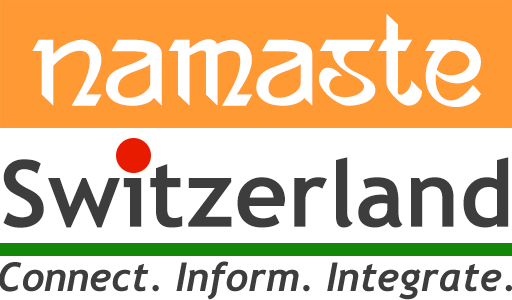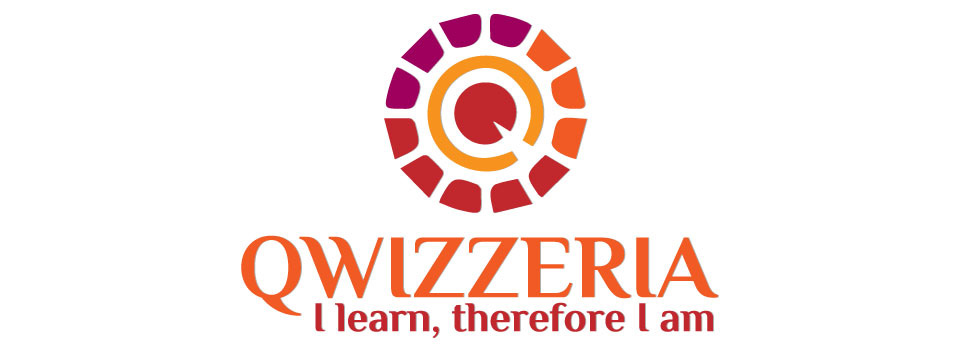To celebrate her father’s 70th birthday, Priyanka Belawat decided to take her family to an Ayurvedic resort in Kerala, India. And what a wonderful experience that was!
We took off from Zurich and smoothly landed in Cochin. From Cochin, we drove to the district of Thrissur, and finally, after 1.5 hours we came to a beautiful seaside ayurvedic hospital and resort called Sitaram. The welcome was warm, and we were given doctor consultation time almost immediately.

The first consultation determined our ’Prakriti‘ (i.e. our body type according to ayurvedic principles), imbalances, and ailments; and the decision on the individualised ‘Panchakarma’ treatment course for each of us. Panchakarma is an ayurvedic treatment that specialises in intensive waste elimination from the body at a cellular level. The same day, we were given ‘Abhyangam’ – a full body massage using ayurvedic oils. The process involves long sweeping movements with special attention to pressure points focusing on the ‘Marma’, the energy flow points on the whole body. I have to say, I have never had such a relaxing massage and it took away all my travel fatigue.
As my main goal was rejuvenation and de-stressing, the therapists began with deep relaxing head-to-toe massages for the first two days. On the third day (along with Abhyangam), a therapy called ‘Nasya’ was added. This includes a rigorous face massage and steaming for better blood circulation, followed by the administration of medicated oils into the nostrils. This process helps in cleansing the head and neck cavities. Anatomically, we have a direct connection to the brain through the nasal mucosa, and the oils’ benefits travel to the brain with this therapy.

This was followed (the next day) by ‘Virechana’ ayurvedic purgation – a mild induced diarrhoea with plant-based medication to cleanse the gut. The treatment leaves you with a very light feeling in the body and mind. The next day, a foot and head massage was followed by ‘Shirodhara’ – warm oil flowing over the forehead for about 30 minutes. The oil flow helps in relaxing the mind and the nerves. That night’s sleep was the deepest I have experienced in a long time. The next day’s treatment included ‘Kizhi’, a massage with warm cloth pouches filled with lemon peels and herbs. This was followed by ‘Matra Vasthi’ – the process of giving an enema with a small amount of medicated oil, which cleanses the intestinal lining and helps rejuvenate the good microbes in the intestine. All the above treatments help dislodge and flush out the toxins in the body, bringing back the body’s own natural balance-Prakriti.
 The food was in total harmony with the treatments given. Lunch and dinner included four to five varieties of fresh veggies sourced locally and daal (lentils) based dishes. Each meal also included a small portion of millet like barnyard millet, foxtail millet, quinoa, finger millet, and red rice. Ayurveda places utmost importance on gut health and a healthy gut means a healthy body. I definitely felt rid of all the digestion issues.
The food was in total harmony with the treatments given. Lunch and dinner included four to five varieties of fresh veggies sourced locally and daal (lentils) based dishes. Each meal also included a small portion of millet like barnyard millet, foxtail millet, quinoa, finger millet, and red rice. Ayurveda places utmost importance on gut health and a healthy gut means a healthy body. I definitely felt rid of all the digestion issues.
The sea, the warm moist wind, and the touch of water full of life (literally, you see so many life forms) is a therapy in itself. The daily yoga and pranayama sessions calm the mind and complement the Panchakarma cleansing.
Ayurveda also places a lot of emphasis on correct routines. Waking, sleeping, and eating at the same time every day was strictly followed during my stay.
My parents enjoyed and benefitted from their individualised Panchkarma treatments. They felt relieved from stiff muscles, aches and pain, and went back home with new learnings on making small changes in the lifestyle to sustain the positive effects gained through this program.
Panchakarma was an excellent wellness option, leaving me with deep, positive and long-lasting health effects. I was very impressed by how much the ancient Indian knowledge of Ayurveda has to offer to help us achieve holistic health goals. This goodness needs to be practised, preserved, and supported in every possible way.
Disclaimer: Opinions expressed belong solely to the content provider. Namaste Switzerland does not undertake any financial/reputational/legal/misrepresentational impact or other obligations/ liabilities that may arise from the content.












